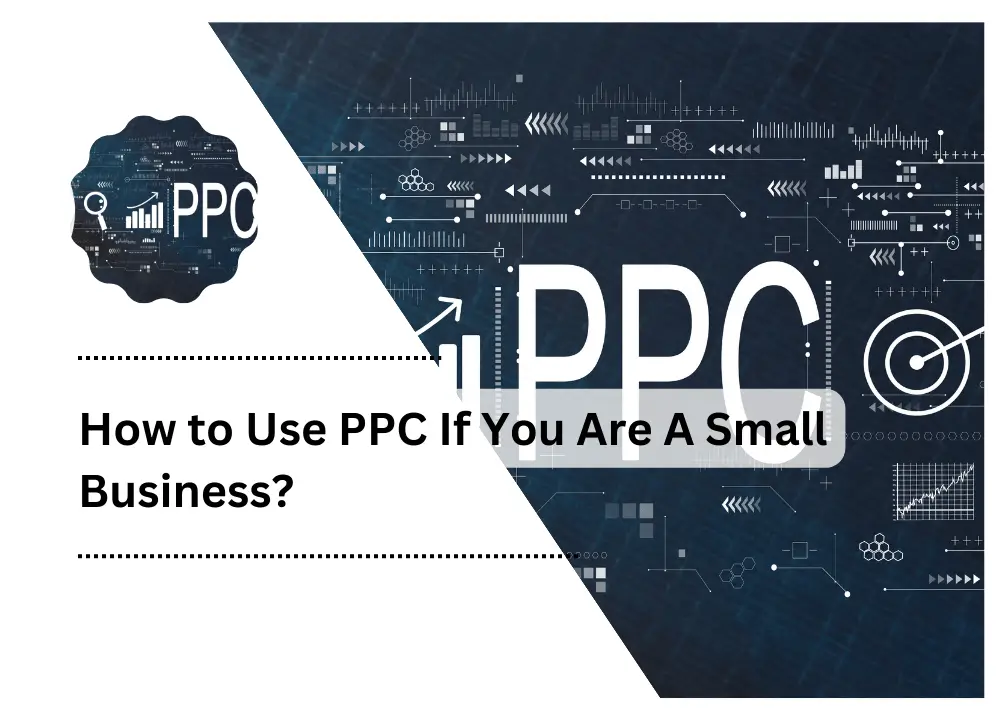In the vast digital marketplace, Pay-Per-Click (PPC) advertising stands as a powerful tool for small businesses to level the playing field. This blog post aims to be your compass, guiding you through the intricacies of PPC, making it accessible and effective for businesses with limited resources. Buckle up as we delve into the art of maximizing your PPC strategy without breaking the bank.
Step 1: Understanding the Basics
To embark on a successful PPC journey, it’s crucial to start with a solid foundation. Begin by comprehending the basics—understanding keywords, bid strategies, and ad placements. Google Ads and Bing Ads are popular platforms to initiate your PPC endeavors. Conduct keyword research to identify the terms potential customers might use when searching for your products or services. For instance, if you run a local bakery, keywords like “artisanal cakes” or “custom cupcakes” could be relevant.
Step 2: Setting a Realistic Budget
Small businesses often operate on tight budgets. The key to PPC success lies in setting a budget that aligns with your financial constraints. Platforms like Google Ads allow you to specify daily spending limits, ensuring you don’t overspend. Test different budget levels to find the sweet spot where you’re getting maximum visibility without burning a hole in your pocket. Remember, consistency is key, so allocate a budget you can sustain over the long term.
Step 3: Crafting Compelling Ad Copy
Your ad copy is the digital storefront for your business. Craft compelling, concise, and relevant copy that entices users to click. Use active language and focus on the unique selling points of your product or service. For example, if you’re a local hardware store, a captivating ad could highlight a limited-time discount on essential tools or a seasonal promotion for home improvement enthusiasts.
Step 4: Embracing Geotargeting for Local Appeal
Small businesses often thrive on local support. Leverage geotargeting features to ensure your ads reach the right audience. If you own a neighborhood coffee shop, geotargeting can help your ad appear to users within a specific radius, increasing the chances of attracting foot traffic. This precision targeting ensures that your PPC investment is reaching those most likely to convert.
Step 5: Harnessing the Power of Ad Extensions
Ad extensions are the secret weapon in your PPC arsenal. These additional snippets of information enhance your ad’s visibility and provide users with more reasons to click. Whether it’s showcasing customer reviews, adding a call-to-action button, or displaying additional site links, ad extensions can significantly improve your ad’s performance. Experiment with different extensions to see what resonates best with your audience.
Step 6: A/B Testing for Continuous Improvement
In the dynamic world of PPC, stagnation is the enemy. Implement A/B testing to experiment with different ad elements and identify what resonates most with your audience. Test variations of ad copy, headlines, and visuals to optimize for click-through rates and conversions. A/B testing empowers you to refine your approach continuously, ensuring your PPC strategy evolves alongside your business.
Step 7: Utilizing Remarketing to Boost Conversions
Not every potential customer converts on the first visit. Enter remarketing—a powerful technique to re-engage users who have previously interacted with your site. Set up targeted remarketing campaigns to display ads to users who’ve visited specific pages but haven’t made a purchase. For instance, if you run an online clothing store, remind users about items left in their cart or introduce them to new arrivals.
Step 8: Monitoring and Analyzing Performance Metrics
Effective PPC management is an ongoing process. Regularly monitor and analyze performance metrics to gauge the effectiveness of your campaigns. Platforms like Google Ads provide detailed insights into impressions, clicks, and conversions. Identify patterns and trends, and use this data to make informed adjustments to your strategy. Remember, informed decision-making is the cornerstone of a successful PPC campaign.
Step 9: Seeking Professional Guidance When Needed
While this guide aims to empower small business owners, PPC can still be a complex realm. If navigating the intricacies of PPC feels overwhelming, consider seeking professional guidance. Digital marketing agencies or PPC consultants can provide expertise tailored to your business needs. Even with a modest budget, a well-executed PPC strategy can yield significant returns when guided by experienced hands.
Mastering the Art of PPC for Small Business Success
In the ever-evolving digital landscape, mastering PPC is a game-changer for small businesses. By understanding the basics, setting realistic budgets, and crafting compelling ad copy, you can create impactful campaigns without breaking the bank. Embrace geotargeting, leverage ad extensions, and constantly refine your approach through A/B testing. With a keen eye on performance metrics and the occasional assistance of professionals, your small business can thrive in the competitive world of PPC advertising.


